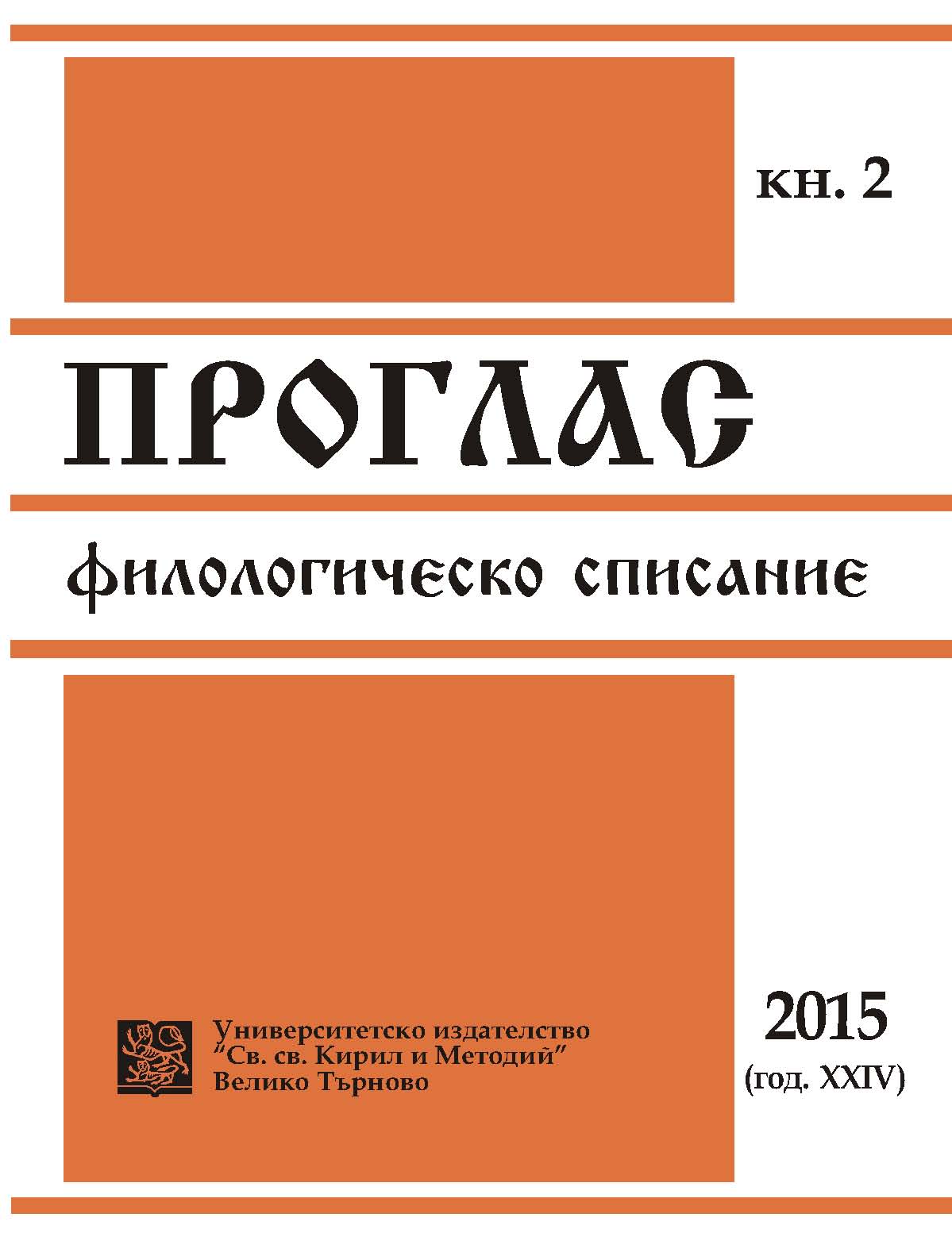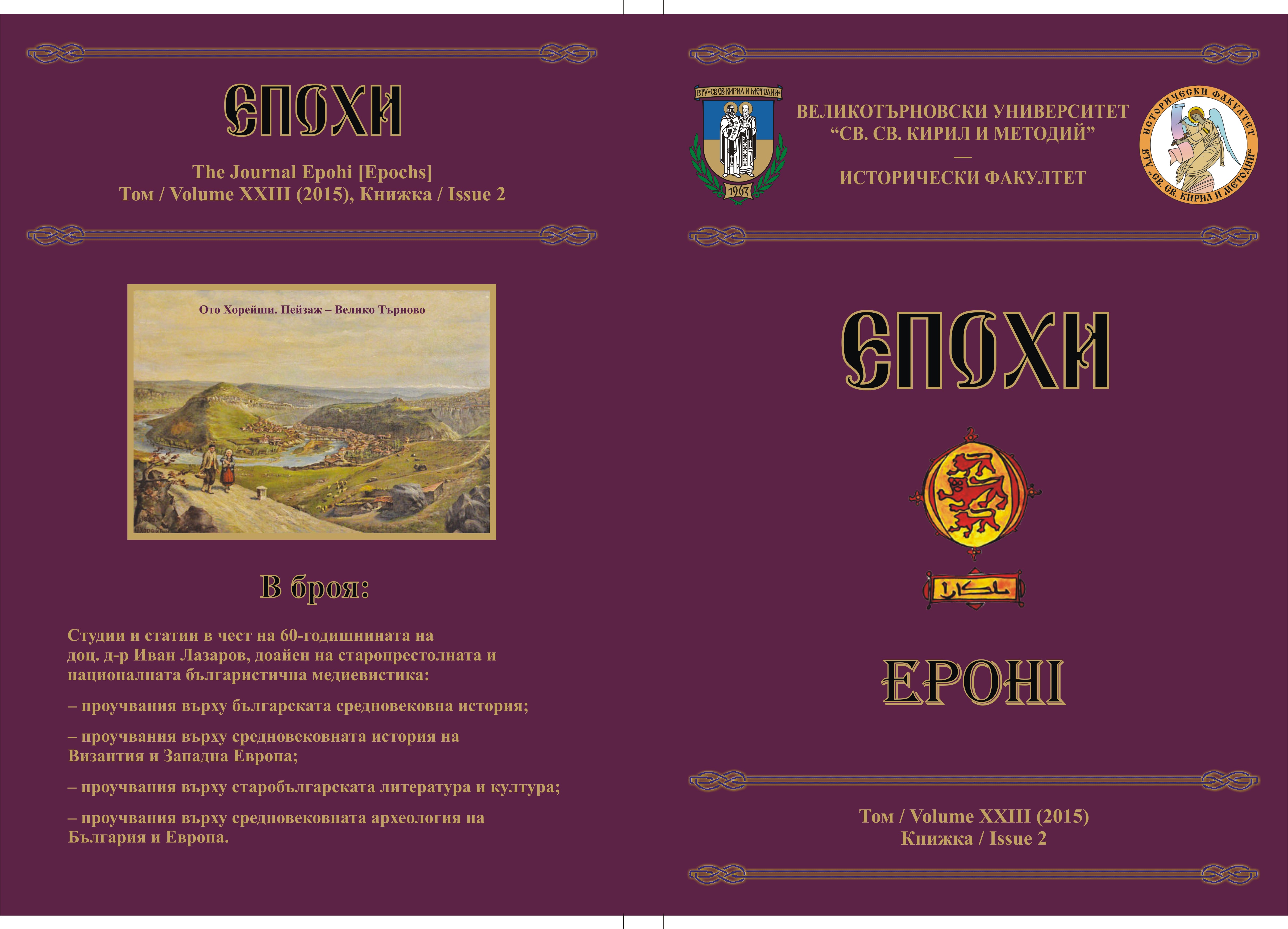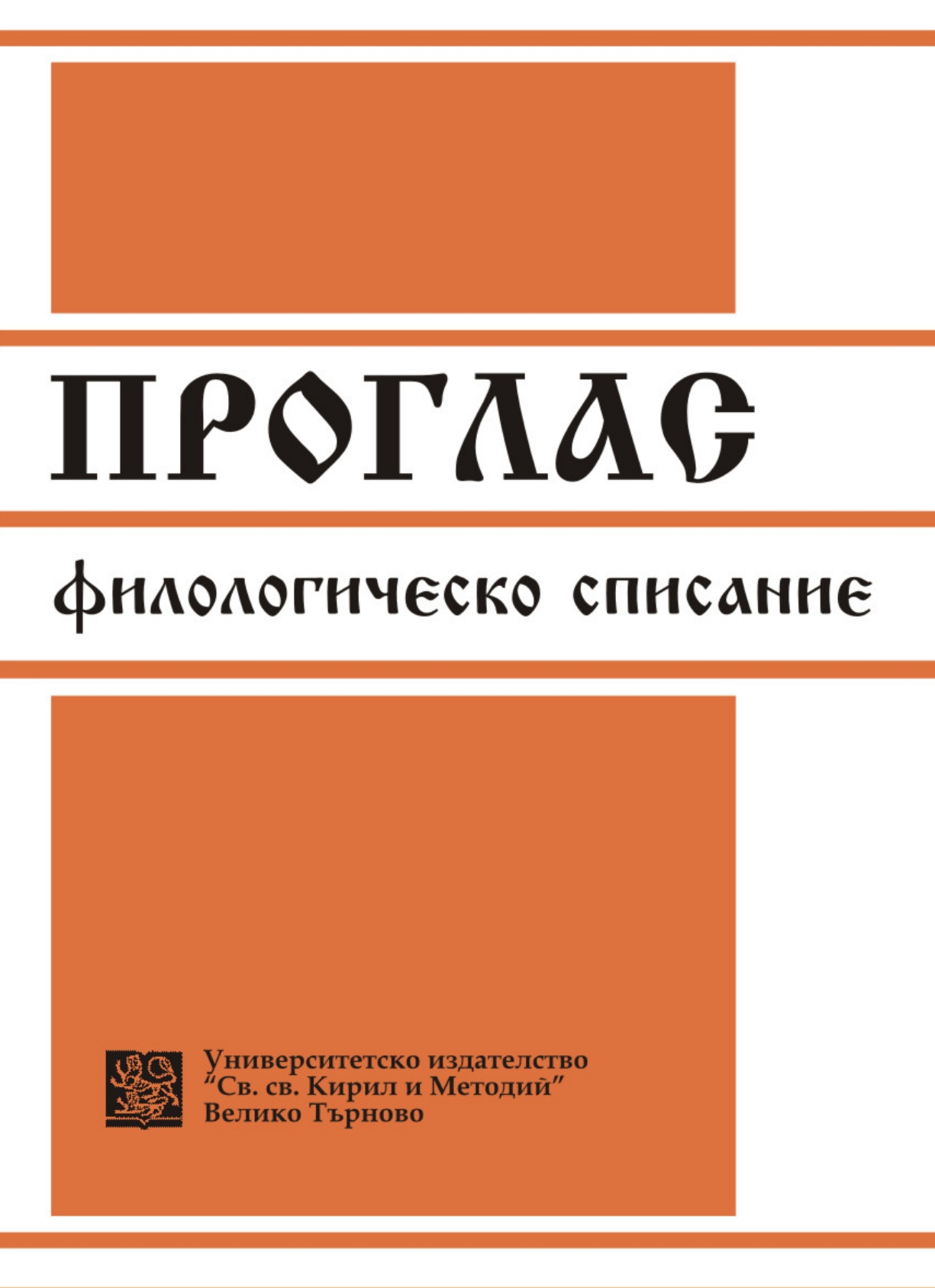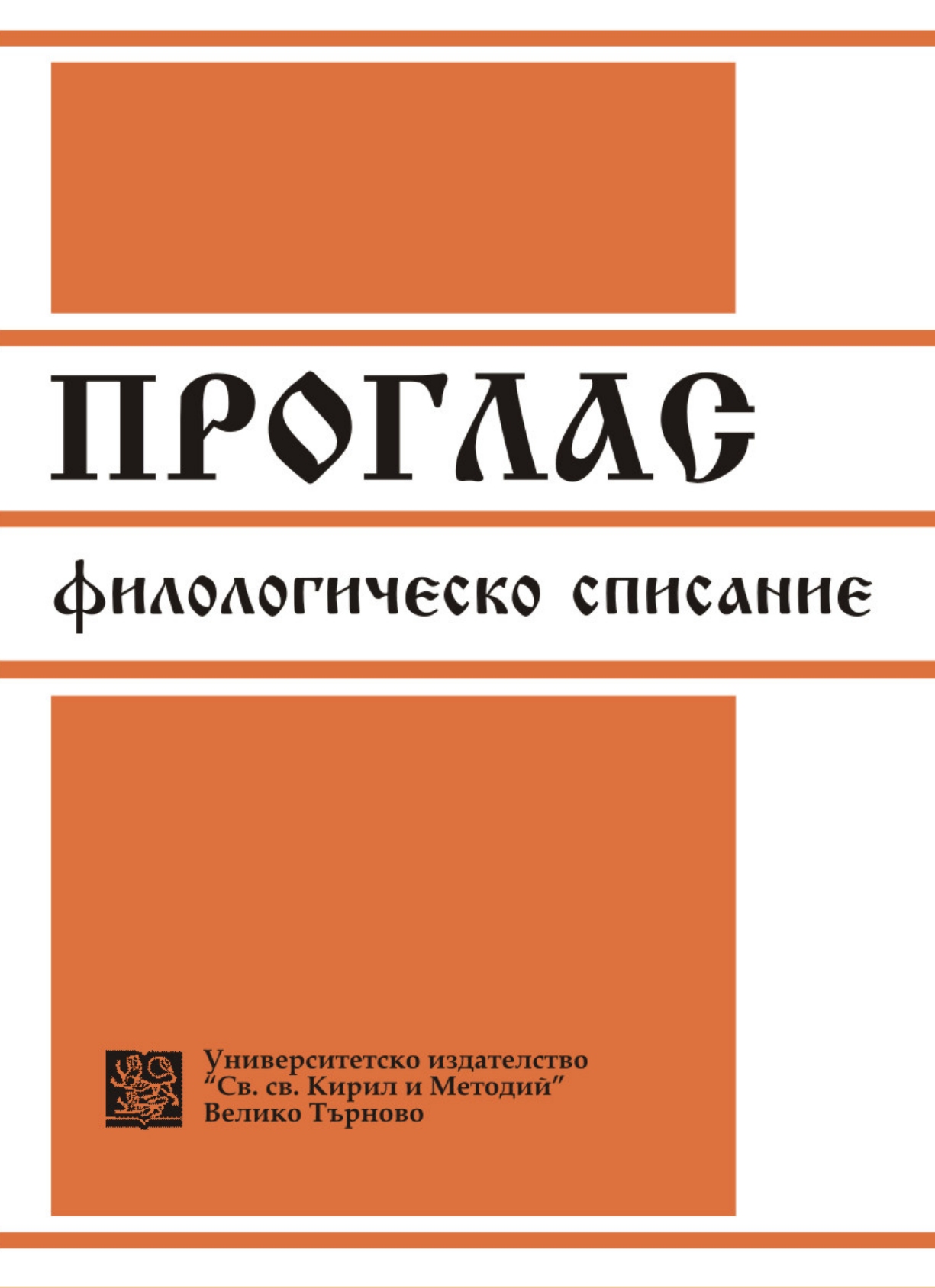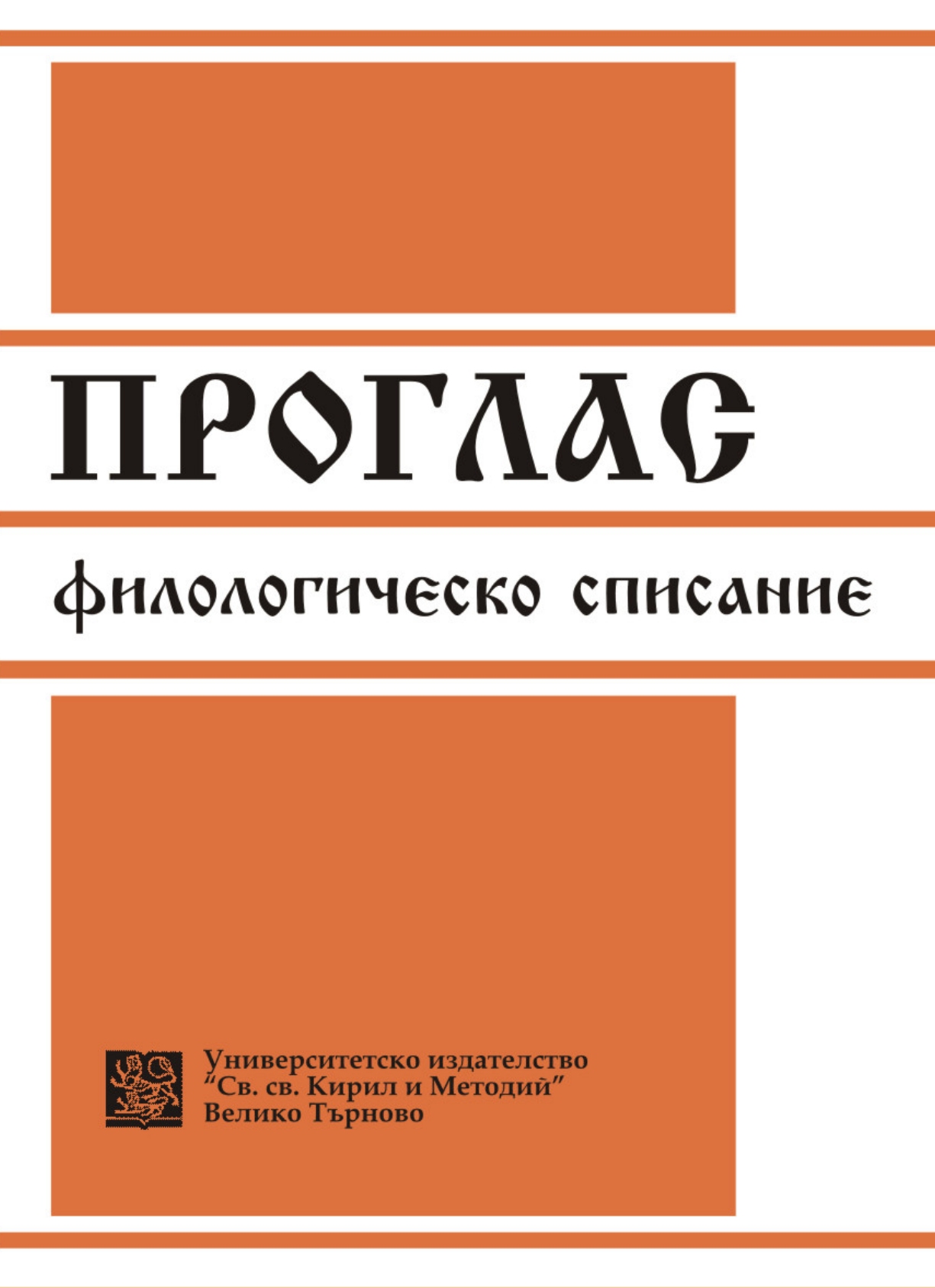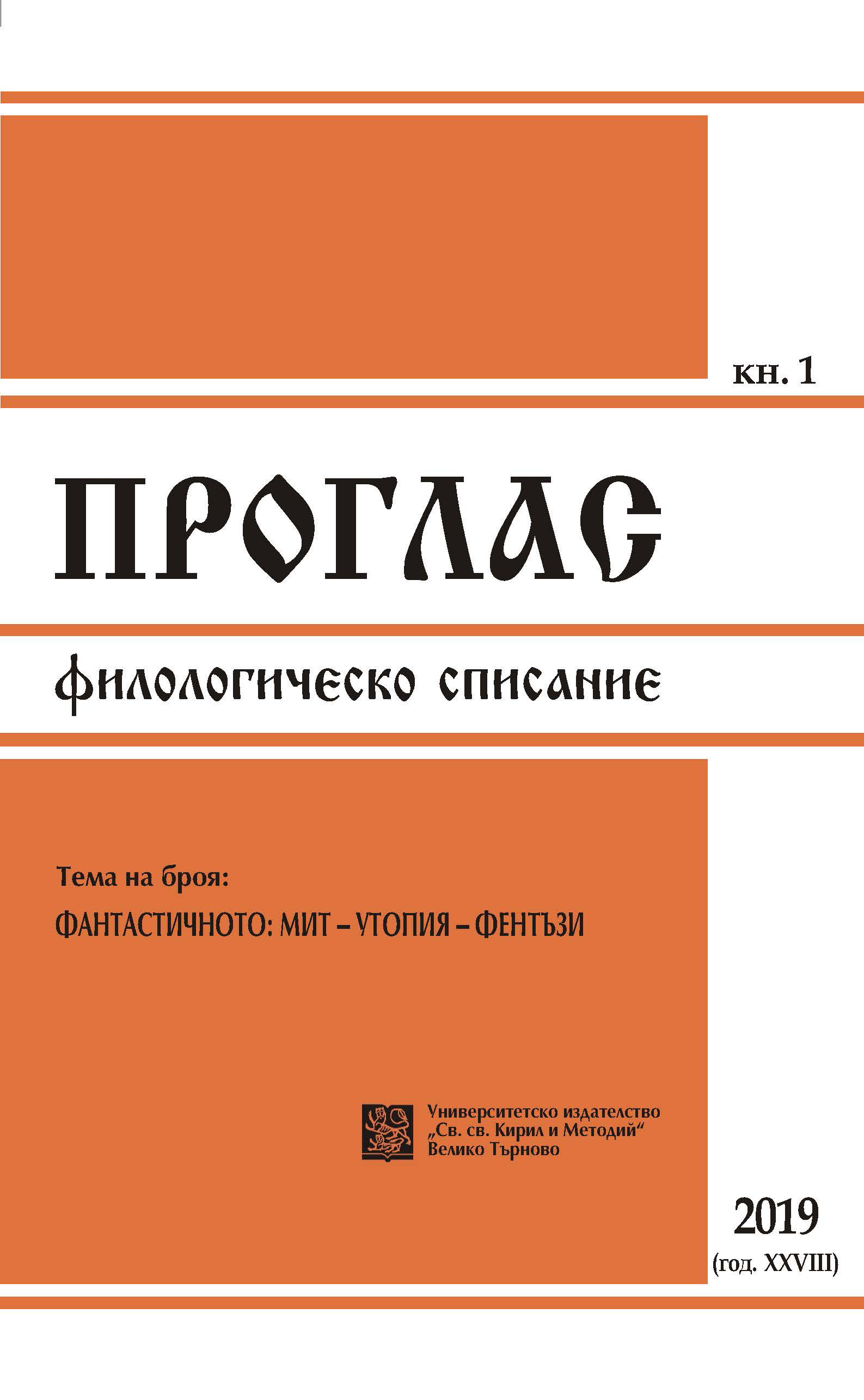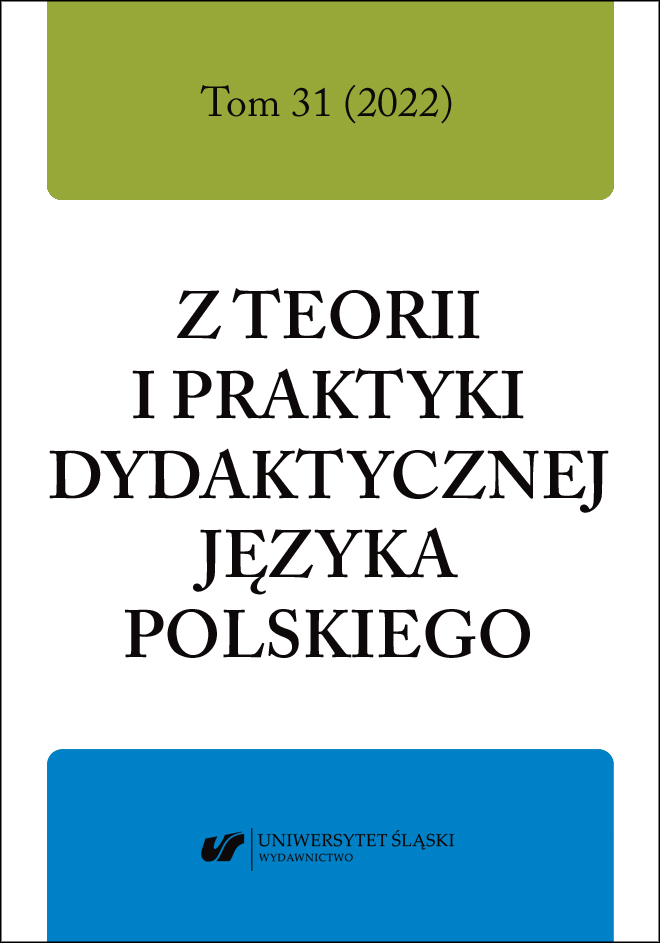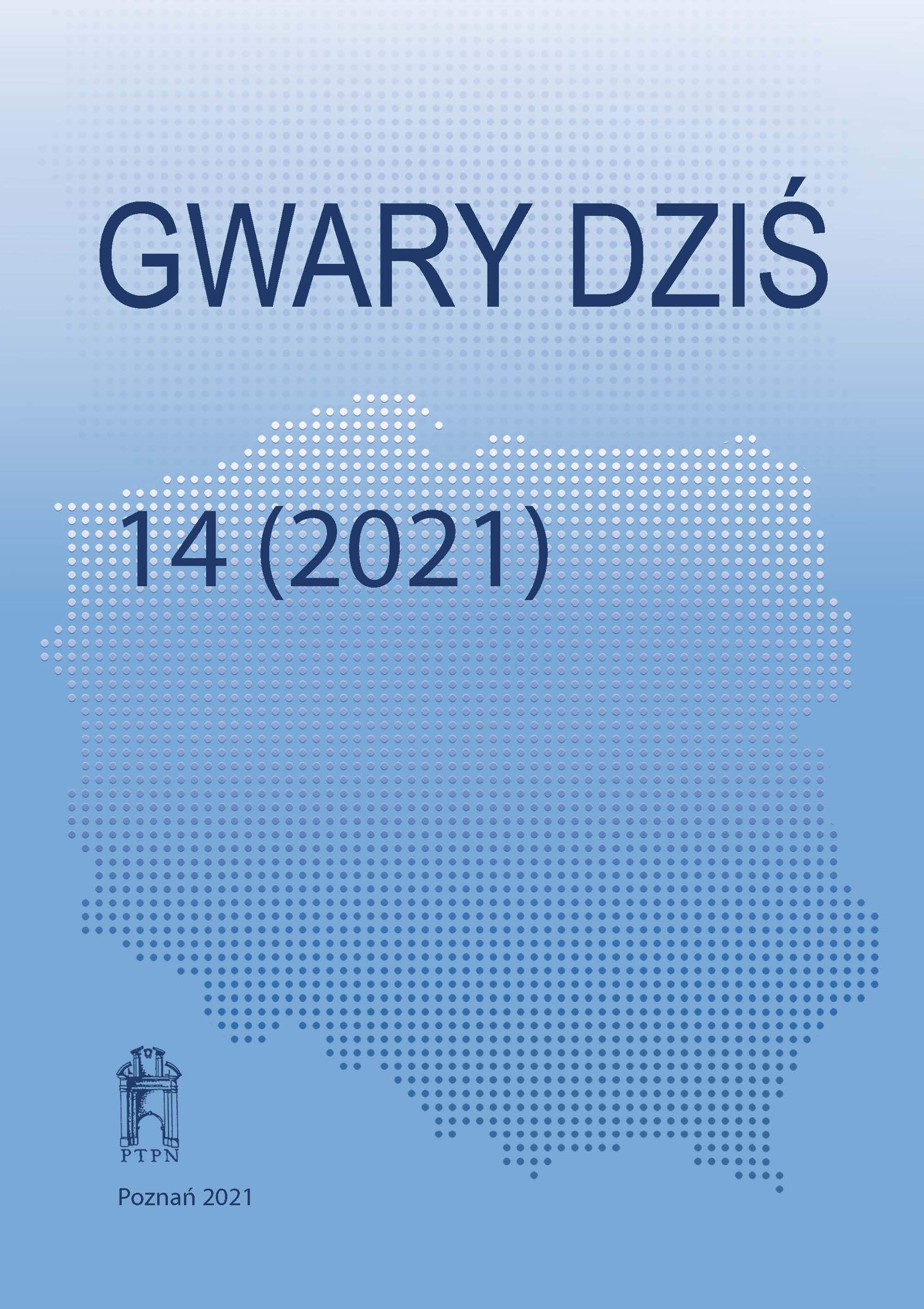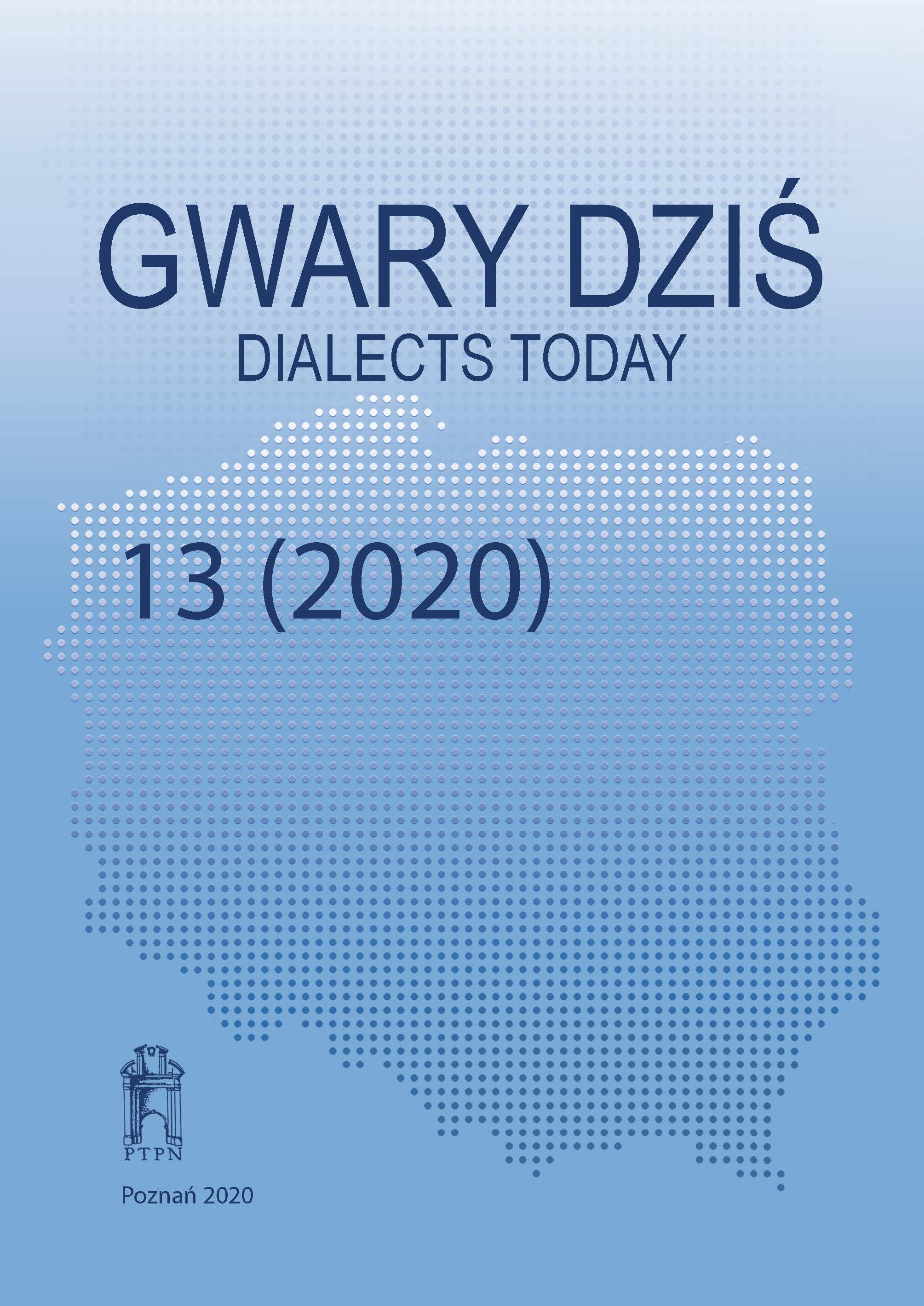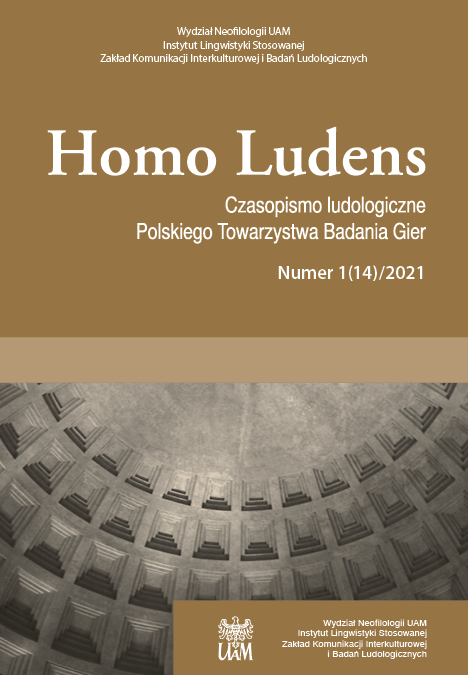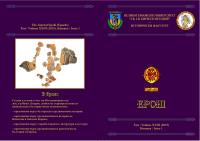
Древний Новгород и разпространение одноеровых кириллических систем в Древней Руси
The subject of this article is the Old Cyrillic writing system that used yer’ only (the so-called monoyeric Ь-system) as well as the specific, non-standard but constant orthographical rules (ъ>o, ь; е>ь). This system appears in birch bark manuscripts in Old Novgorod from the mid-12th to the late 14th century, it is developed from the Old Bulgarian monoyeric system and can be defined and described as another Old Cyrillic monoyeric scribe school.
More...
